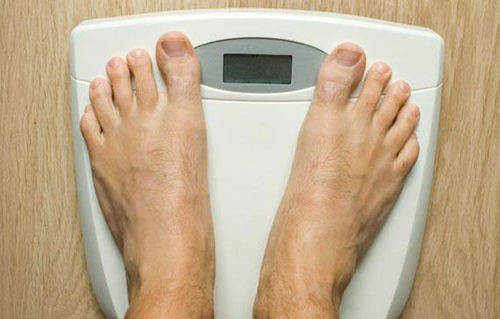 Bulimia is a type of eating disorder where a person eats a large amount of food very quickly then removes or “purges” the food from the body by vomiting, using a laxative, diuretic or enema. Purging is a way of getting the food out of the body as quickly as possible. Compulsive exercising, taking stimulating drugs and fasting are non-purging ways in which a person might make up for an episode of excessive eating. The formal term for bulimia is Bulimia Nervosa.
Bulimia is a type of eating disorder where a person eats a large amount of food very quickly then removes or “purges” the food from the body by vomiting, using a laxative, diuretic or enema. Purging is a way of getting the food out of the body as quickly as possible. Compulsive exercising, taking stimulating drugs and fasting are non-purging ways in which a person might make up for an episode of excessive eating. The formal term for bulimia is Bulimia Nervosa.
Bulimia eating disorder involves cycles of binge eating and purging along with normal periods of eating. How often a person goes through the cycle is dependent on how severe the disorder is. For some, the binge-purge cycle might occur every few days, but for others it might occur several times a day. Bulimia is found mostly in woman. Adolescent females are at particular risk of developing bulimia. The disorder is occasionally found in people who also suffer with anorexia nervosa.
Warning Signs & Symptoms of Bulimia Eating Disorder
Bulimia eating disorder is not easy to detect. A person with bulimia is usually of normal weight or might be slightly underweight. A person with bulimia is good at hiding the disorder, so often times even close family members do not know it exists. Some signs and symptoms of bulimia eating disorder include:
- Obsession with calories, weight and exercising
- Frequent trips to the bathroom
- Erosion on back side of teeth
- Inflammation or cuts to the lining of the mouth or throat
- Family history of eating disorders
- Calluses or scars on back of hands from repeated abrasion on teeth
- Constant weight fluctuation
- Low blood pressure
- Skipped or irregular periods
- Constipation
- Enlarged glands in the neck
Influences
Bulimia eating disorder has a genetic component to it much like other mental health and co-occurring disorders do. In addition, abnormal levels of sex hormones have been linked to bulimia as have abnormal levels of tryptophan and serotonin in the brain.
The media is a strong influence on women’s beliefs that they must be thin in order to be “successful” or happy. Media pressure is especially influential with adolescent females.
Individuals involved in activities or who have professions where thinness is a benefit are at a higher risk of developing bulimia eating disorder. Sports and professions such gymnastics, dance, cheerleading, figure skating, running, acting and modeling put particular pressure on an individual to be of normal or less than normal weight.
 Call Today! (800) 910-9299
Call Today! (800) 910-9299







Speak Your Mind
You must be logged in to post a comment.